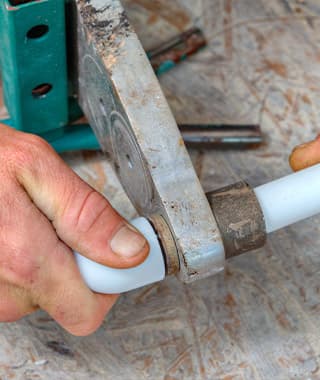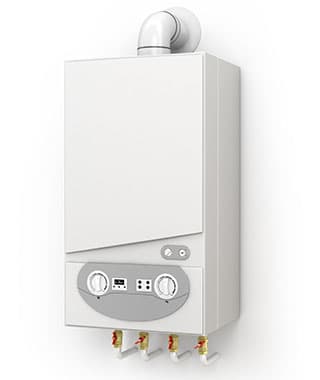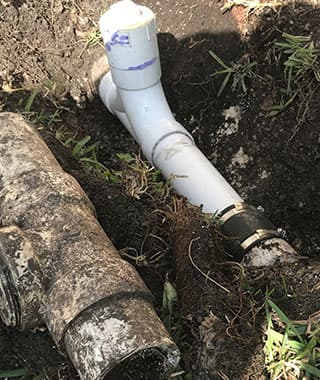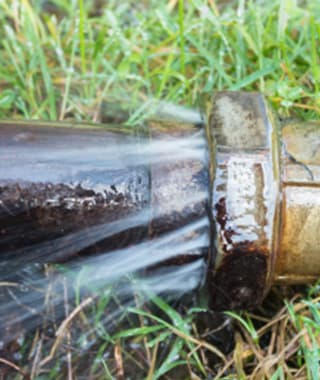Water heaters are essential for daily comfort and convenience in our homes, providing hot water for showers, washing dishes, and more. However, when your water heater starts malfunctioning, it can lead to discomfort and confusion about whether to repair or replace the unit. This decision involves considering several factors, including cost, age, efficiency, and the frequency of breakdowns. Let’s dive into how you can make an informed decision by understanding the key signs and considerations.

Understanding the Basics of Water Heater Health
Before making a decision about whether to repair or replace your water heater, it’s crucial to assess its current state. Here are some common symptoms that suggest your water heater might be failing:
- Inconsistent Water Temperature: Fluctuating temperatures can be a sign of mineral buildup or a malfunctioning thermostat.
- Noisy Operation: Popping, rumbling, or knocking sounds can indicate sediment accumulation at the bottom of the tank.
- Leakage: Water pooling around your heater is a serious issue that could point to tank failure.
- Rusty Water: If rusty water comes only from the hot side piping, your water heater could be corroding, leading to potential leaks.
When to Repair Your Water Heater
Repairing your water heater is often a more cost-effective short-term solution. Here are scenarios where a repair might be the best option:
- Age: If your water heater is less than halfway through its expected lifespan, repairing it might make sense. Most tank water heaters have a lifespan of about 10 to 15 years, while tankless models can last up to 20 years.
- Minor Issues: Common problems like a faulty thermostat, a stuck valve, or a broken heating element are generally fixable and don’t require a full replacement.
- Cost: If the repair costs are not exceedingly high and the unit has had a history of reliability, it’s economical to repair rather than replace.
Learn more about our water heater repair services
When Replacement Makes Sense
There are circumstances where replacing your water heater is the most practical decision:
- Age Factor: If your water heater is approaching the end of its expected lifespan, replacing it might be more cost-effective than facing frequent repairs.
- Recurring Breakdowns: Frequent malfunctions are a sign that your water heater is on its last legs, leading to increased maintenance costs and inconvenience.
- Energy Efficiency: New models are significantly more energy-efficient. Upgrading to a newer model can save you money on your energy bills in the long run.
- Severe Damage: Major issues like a leaking tank cannot be repaired and necessitate a replacement.
Cost Considerations
When deciding whether to repair or replace, consider both the immediate costs and long-term savings:
- Repair Costs: Get an estimate for the repairs and consider whether they amount to more than half the cost of a new water heater.
- Energy Savings: Modern water heaters are more efficient and can reduce your monthly energy costs, which can offset the higher initial investment over time.
Benefits of Upgrading to a New Water Heater
- Improved Efficiency: Newer models are designed to be more energy-efficient and meet the latest environmental standards.
- Increased Home Value: Upgrading your water heater can be a selling point if you’re planning to list your home.
- Reliability: A new water heater provides peace of mind with fewer worries about breakdowns and maintenance.
Finding Refurbished Options

For those considering cost-effective solutions, refurbished water heaters can be a viable option. They often come at a lower price point but ensure they are certified and come with a warranty.
Explore refurbished water heater options near you.
Making Your Decision
Deciding whether to repair or replace your water heater doesn’t have to be a daunting task. Evaluate the age, condition, and efficiency of your current unit, weigh the costs of repairs against a new installation, and consider the potential energy savings and reliability of a new system. Whatever decision you make, ensure it aligns with both your immediate needs and long-term comfort.
Contact us today for expert advice and services
By keeping these factors in mind, you can choose the best option for your home and ensure continuous access to hot water with optimal efficiency and minimal disruption. Whether you opt for repair or replacement, ensuring that your water heater is in top working condition is key to maintaining your home’s comfort and functionality.










